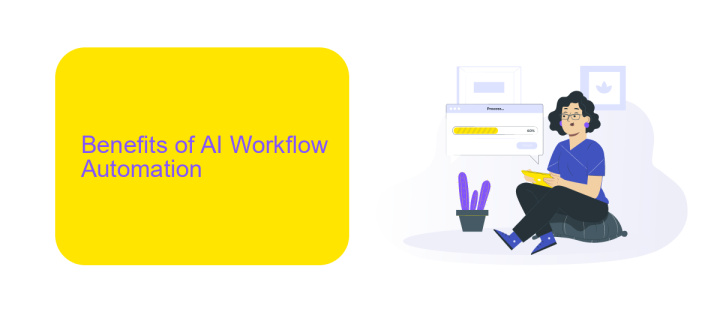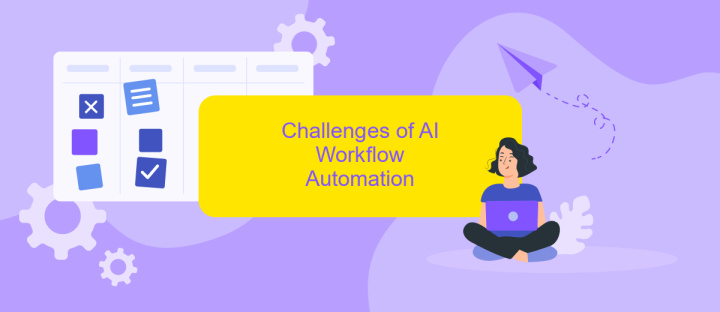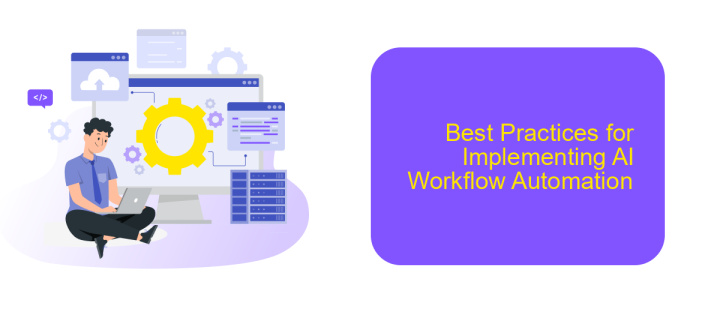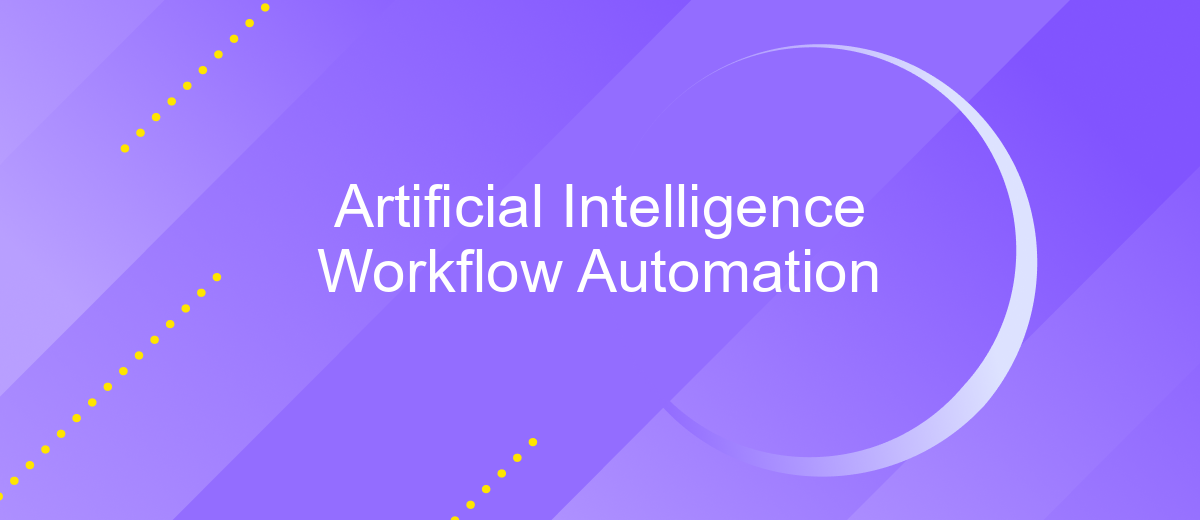Artificial Intelligence Workflow Automation
Artificial Intelligence (AI) Workflow Automation is revolutionizing the way businesses operate by streamlining processes, enhancing productivity, and reducing human error. By integrating AI technologies into workflow management systems, organizations can automate repetitive tasks, make data-driven decisions, and improve overall efficiency. This article explores the key benefits, challenges, and future prospects of AI-driven workflow automation in various industries.
Introduction
Artificial Intelligence (AI) is revolutionizing the way businesses operate by automating complex workflows and enhancing efficiency. AI-driven workflow automation not only reduces manual labor but also minimizes errors, allowing organizations to focus on strategic tasks. This transformation is evident across various industries, including healthcare, finance, and manufacturing, where AI applications are streamlining operations and driving innovation.
- Increased efficiency and productivity
- Reduction in human error
- Cost savings through automation
- Enhanced decision-making capabilities
One of the key aspects of AI workflow automation is the seamless integration of various tools and services. Platforms like ApiX-Drive facilitate these integrations by providing a user-friendly interface for connecting different applications. This enables businesses to automate data transfer and synchronization between systems, further optimizing their workflows. As AI continues to evolve, its role in workflow automation is expected to expand, offering even greater benefits to organizations worldwide.
Benefits of AI Workflow Automation

Artificial Intelligence (AI) workflow automation offers numerous benefits to businesses by streamlining operations and reducing manual tasks. By leveraging AI technologies, companies can automate repetitive processes, allowing employees to focus on more strategic activities. This not only enhances productivity but also reduces the likelihood of human errors, leading to more accurate and efficient outcomes. Additionally, AI-powered automation can analyze vast amounts of data in real-time, providing valuable insights and enabling faster decision-making.
Another significant advantage of AI workflow automation is its ability to integrate seamlessly with various business systems and applications. Services like ApiX-Drive facilitate these integrations, enabling businesses to connect different platforms without extensive coding knowledge. This connectivity ensures that data flows smoothly across systems, enhancing overall operational efficiency. Furthermore, AI-driven automation can adapt to changing business needs, offering scalability and flexibility that traditional methods cannot match. As a result, businesses can stay competitive and responsive in a rapidly evolving market landscape.
Challenges of AI Workflow Automation

Implementing AI workflow automation presents several challenges that organizations must address to ensure successful deployment and operation. These challenges can range from technical hurdles to organizational and ethical issues.
- Data Quality and Integration: Ensuring high-quality, consistent data is crucial for AI systems. Poor data can lead to inaccurate predictions and inefficient processes. Integrating various data sources seamlessly is also a significant challenge.
- Scalability: As businesses grow, their AI systems must scale accordingly. This requires robust infrastructure and efficient algorithms capable of handling increased workloads.
- Security and Privacy: Protecting sensitive data and ensuring compliance with regulations like GDPR is paramount. AI systems must be designed to safeguard against data breaches and misuse.
- Cost: The initial setup and ongoing maintenance of AI systems can be expensive. Organizations must weigh the costs against the potential benefits to justify the investment.
- Integration Tools: Utilizing services like ApiX-Drive can simplify the integration of various applications and data sources, making the automation process more efficient.
Addressing these challenges requires a comprehensive strategy that includes proper planning, investment in technology, and ongoing monitoring and adjustment. By overcoming these obstacles, organizations can fully leverage the benefits of AI workflow automation.
Best Practices for Implementing AI Workflow Automation

Implementing AI workflow automation requires careful planning and execution to ensure optimal performance and value. Begin by identifying the processes that can benefit most from automation, focusing on repetitive and time-consuming tasks. This will help in prioritizing efforts and resources effectively.
Next, choose the right AI tools and platforms that align with your business needs. It's crucial to select solutions that offer scalability and flexibility, enabling seamless integration with existing systems. ApiX-Drive, for example, is a powerful service for setting up integrations quickly and efficiently, ensuring smooth data flow between different applications.
- Define clear objectives and success metrics.
- Involve stakeholders from various departments for comprehensive insights.
- Ensure data quality and consistency.
- Regularly monitor and adjust the automated workflows.
- Invest in training and support for your team.
By following these best practices, you can maximize the benefits of AI workflow automation, leading to increased efficiency and productivity. Continuous evaluation and adaptation are key to keeping your automation efforts aligned with evolving business goals and technological advancements.
Conclusion
In conclusion, the automation of workflows through artificial intelligence represents a significant leap forward in operational efficiency and productivity. By leveraging AI, businesses can streamline complex processes, reduce human error, and free up valuable resources to focus on more strategic initiatives. The integration of AI-driven tools into existing workflows not only enhances performance but also provides a scalable solution adaptable to evolving business needs.
Moreover, services like ApiX-Drive play a crucial role in facilitating seamless integrations. ApiX-Drive allows businesses to connect various applications and automate data transfers without the need for extensive coding knowledge. This ease of integration ensures that companies can quickly adopt AI solutions and realize their benefits without significant disruption. As AI continues to evolve, the potential for workflow automation will only expand, paving the way for more innovative and efficient business practices.
FAQ
What is Artificial Intelligence Workflow Automation?
How can AI Workflow Automation benefit my business?
What types of tasks can be automated with AI?
How do I integrate AI Workflow Automation into my existing systems?
Is AI Workflow Automation secure?
Time is the most valuable resource in today's business realities. By eliminating the routine from work processes, you will get more opportunities to implement the most daring plans and ideas. Choose – you can continue to waste time, money and nerves on inefficient solutions, or you can use ApiX-Drive, automating work processes and achieving results with minimal investment of money, effort and human resources.

